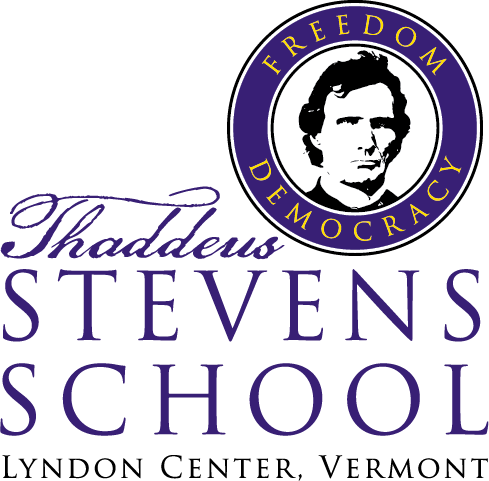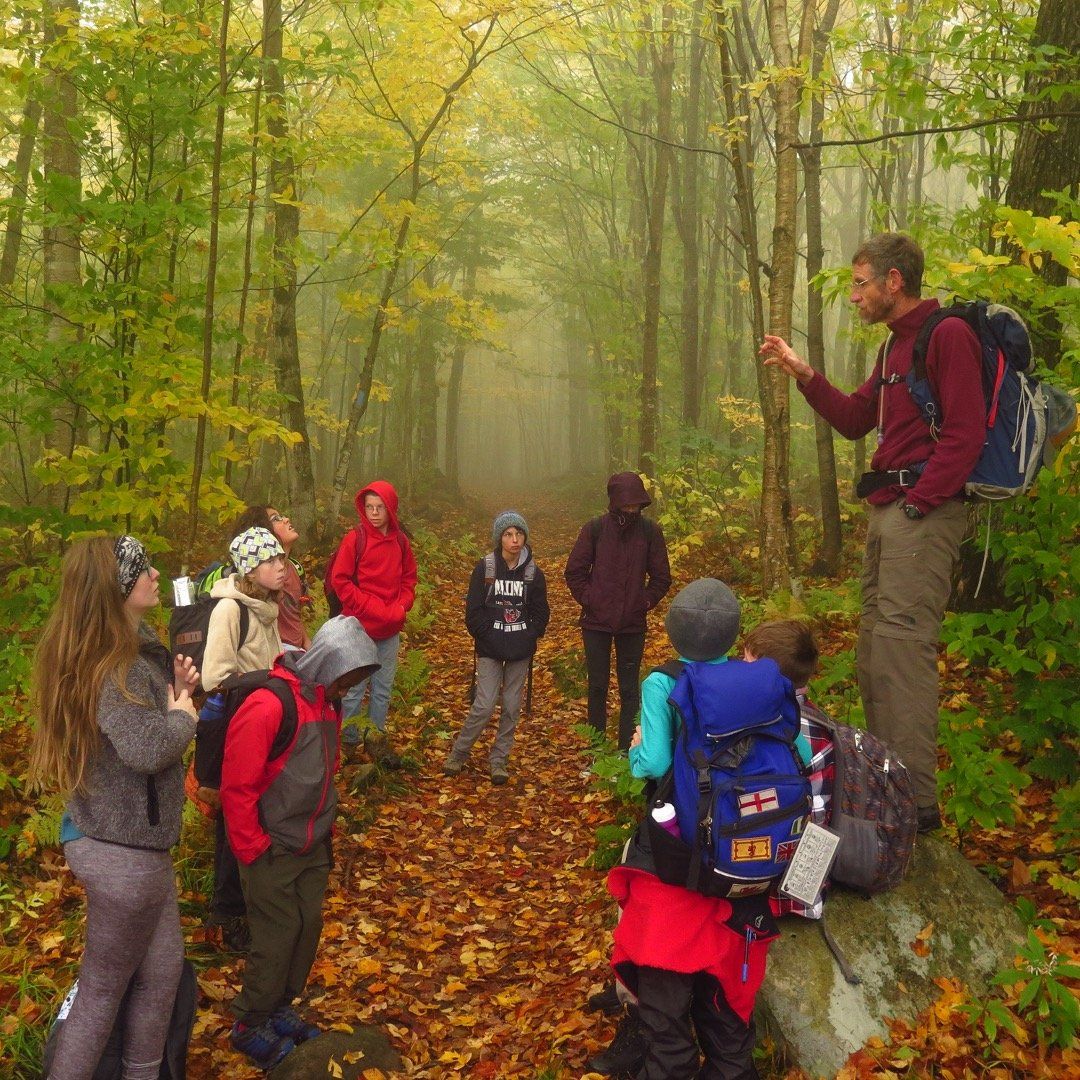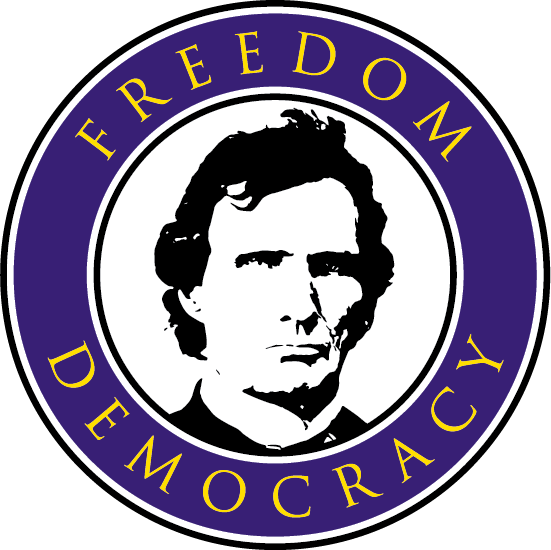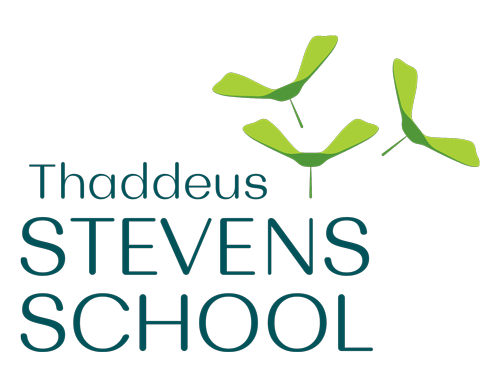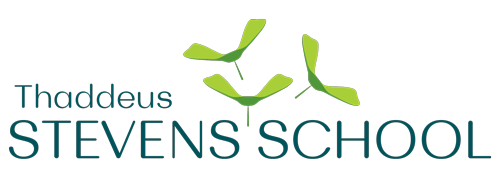Celebrating Black History Month
Julie Hansen
Published in the Caledonian-Record
February 13, 2018
This month we celebrate Black History Month, a month originally proposed by Carter Woodson in 1926. Fifty years later, in 1976, President Gerald Ford formally recognized Black History Month urging Americans “to seize the opportunity to honor the too-often neglected accomplishments of black Americans in every area of endeavor throughout our history.”
Despite that 1976 declaration and the subsequent years of Black History Month, and despite having elected a black president – twice – there appears to be a growing racial divide in our nation. A recent Pew Research Center report found a perceptual gap between white and black Americans regarding the treatment of blacks in the court system, mortgage applications, restaurant service, and workforce treatment. White Americans believe there are no differences in the treatment of black and white citizens; black Americans see large differences. Four in ten white Americans said there was too much of a focus on race as opposed to six in ten African Americans who said there was not enough discussion on race. In either case it is clear that people of color experience America differently than white Americans. Bridging those differences is essential if all Americans are to share in the benefits of a democratic nation.
Schools play an enormous role in preparing students to live effectively in a pluralistic democracy. Rather than declaring one month to recognize the contributions and talents of African Americans, schools need to create diverse curricula that is ongoing and embedded in the courses.
A study in 2002 found that pre-college exposure to diversity produced strong intellectual outcomes: 1) the ability to see multiple perspectives, 2) strong cognitive development, and, 3) greater complexity of thinking. And, at this point in time, diversity is not confined to race; it includes members of the LGBTQ community; it includes economic levels; it includes native-born and immigrant Americans.
Schools must meet the challenge of cultivating a point of view that erodes the concept that white is the norm and that difference is the “other.”
Toni Morrison has written about the number of academic and non-academic readers who comfortably announce that they have never read any African American text. As teachers, let’s not contribute to that. There are thousands of stories, poems, novels, memoirs, essays, and autobiographies written by people who participated in the growth of America since the 1600s, and hundreds of them are not white. To choose not to teach them contributes to a status quo that serves no one in a democracy. Southern Poverty Law Center’s recent publication of Teaching Tolerance compels teachers to “teach the hard history” of slavery in America, saying that “learning this history is essential if we are ever to bridge the racial differences that continue to divide our nation.”
Vermont’s Thaddeus Stevens wrote the Fourteenth Amendment as a first step toward establishing equality for all citizens in America. There was no one to carry his work forward after his death in 1868 and ensuring the rights of newly-freed African Americans languished during Reconstruction. Codes, Jim Crow laws, and the segregation established by the Plessy v Ferguson decision further delayed the justice long denied to our fellow citizens. The history is painful to read but that should not stop us. The legacy of owning and abusing human beings echoes in our contemporary times and we all have to rise to the demands of honest scholarship and complex conversation.
